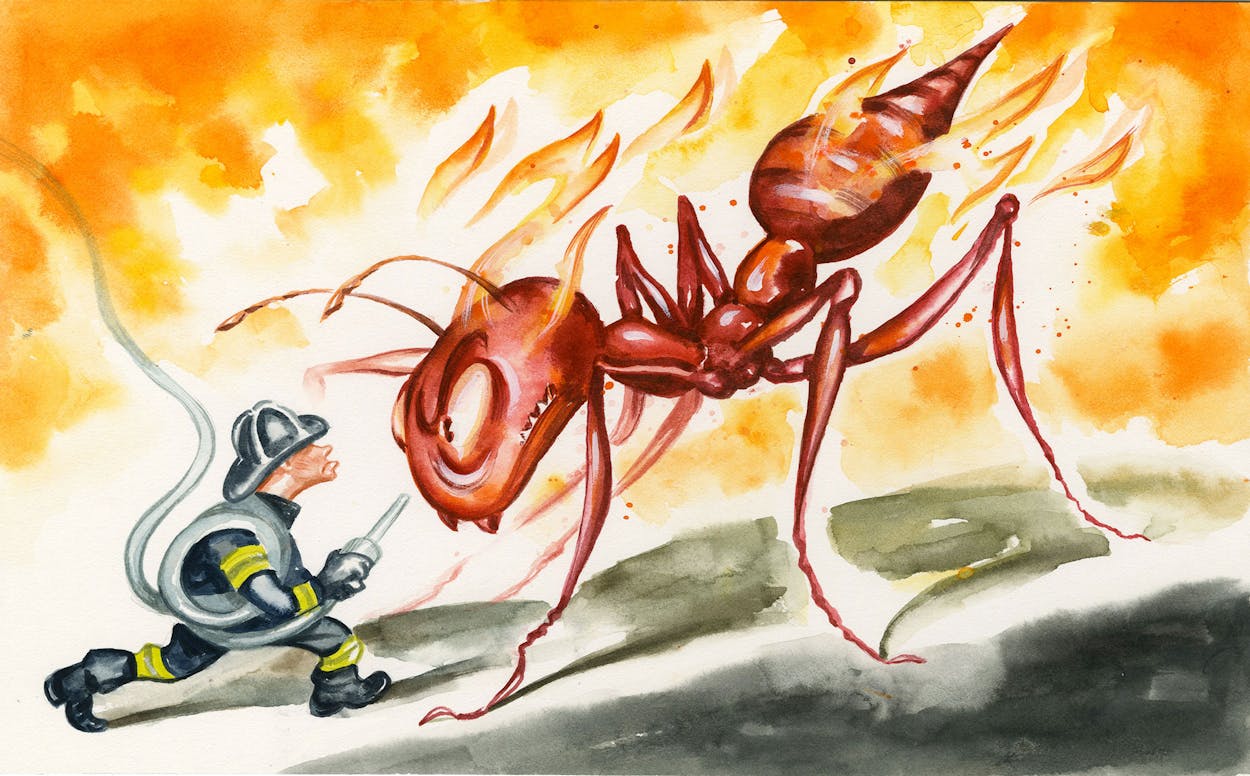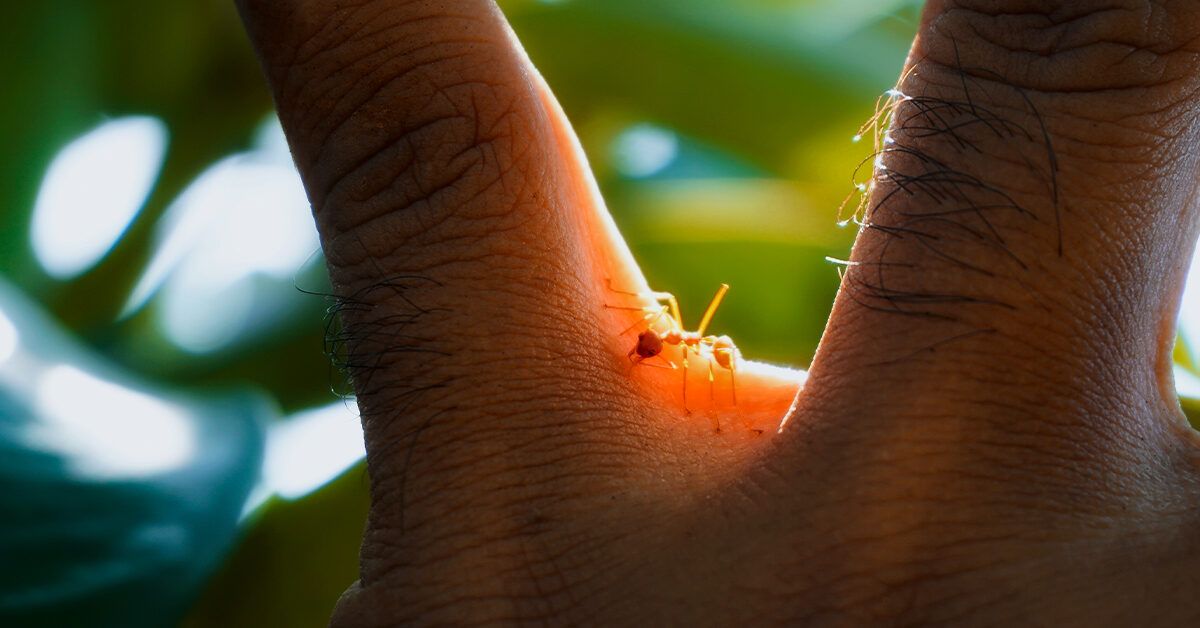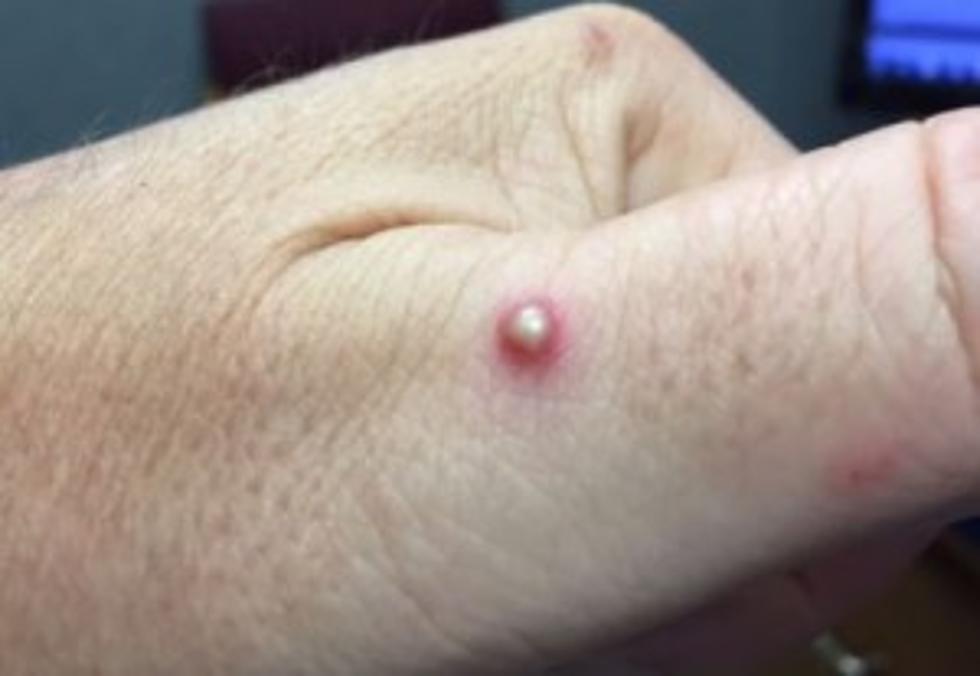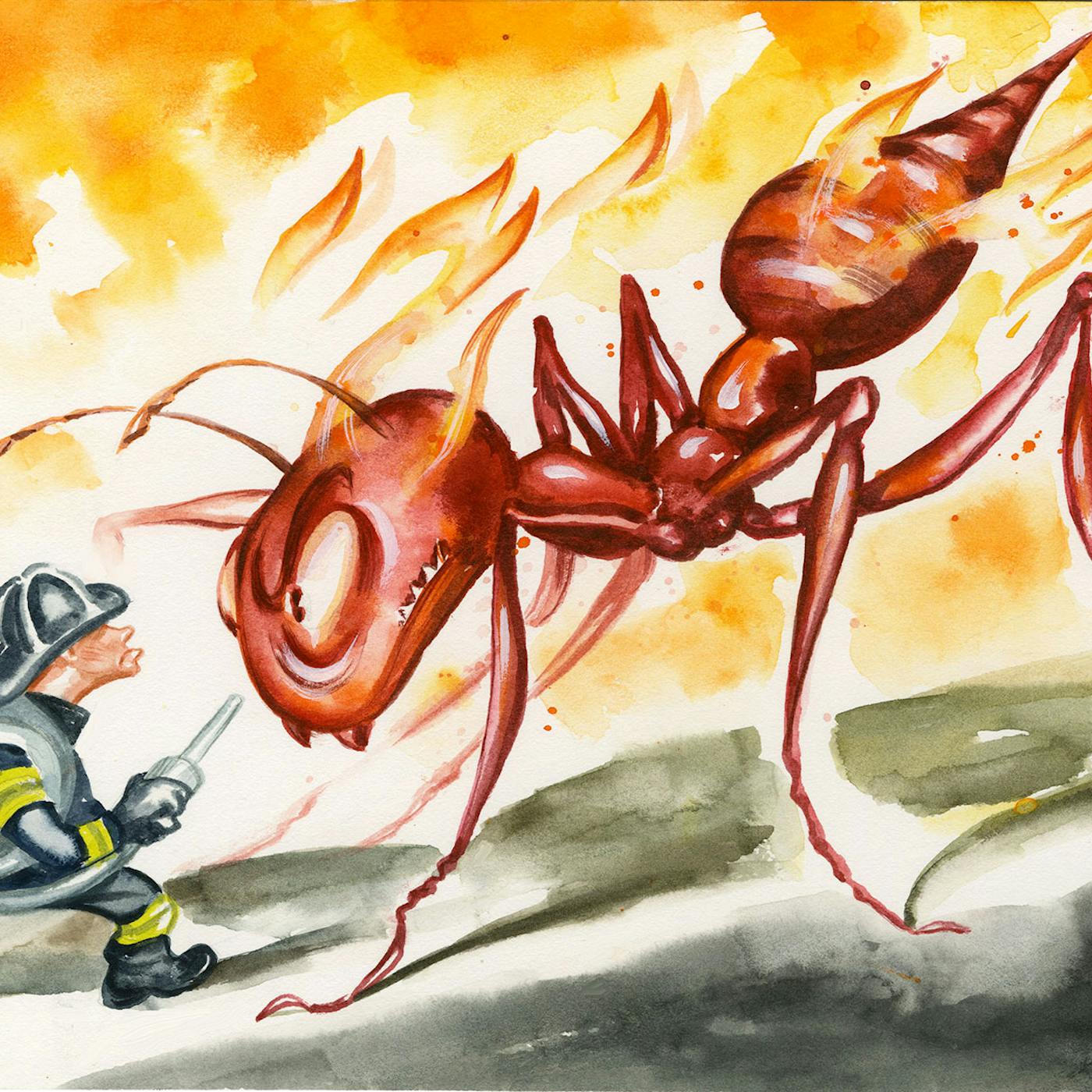You should not pop fire ant blisters, as it can lead to infection and slow the healing process. It’s best to leave them intact and allow them to heal on their own.
Dealing with fire ant bites can be an unexpectedly painful experience. These tiny aggressors deliver a venomous sting that often results in raised, itchy, and sometimes quite painful blisters on the skin. A common misconception is that popping the blisters will provide relief, but in reality, this can cause more harm than good.
Leaving the blisters alone minimizes the risk of infection and aids the body’s natural healing process. It’s essential to understand the right first aid measures to reduce discomfort and prevent complications from the bites of these voracious insects.

Credit: www.texasmonthly.com
Confronting Fire Ant Bites
Imagine enjoying a lovely picnic only to be interrupted by sharp pinches on your skin. Those are fire ant bites! Immediate action can make a big difference in how your skin reacts. Read on to learn the best moves following a fire ant attack.
Initial Response To Fire Ant Bites
When fire ants bite, your skin feels the wrath. Act fast and follow these steps:
- Leave the area to avoid more bites.
- Use soap and water to clean the area gently.
- Apply a cold compress to reduce swelling.
- Resist the urge to scratch to prevent infection.
- Use creams or medications if needed to ease itching and pain.
Note: Avoid home remedies without evidence. Some can make the reaction worse.
Identifying Fire Ant Blisters
Fire ant bites often form a unique blister. Look for these signs:
- A red base with a pimple-like bump on top.
- Bumps may fill with fluid, forming clear or whitish blisters.
Should you pop them? Absolutely not. Popping can lead to infection. Let blisters heal on their own, and cover them if necessary to keep them clean.
The Risks Of Popping Blisters
Encountering a fire ant sting can be highly unpleasant, and the resulting blisters may be tempting to pop. Understanding the risks associated with popping these blisters is crucial for proper skin care and healing. Popping blisters might seem like a quick way to get relief, but it can lead to more harm than good.
Infection Concerns
Breaking the skin on a blister exposes the area to germs, which can lead to infection. Our skin acts as a barrier against bacteria, and when we pop a blister, we break that barrier.
- Increases chances of bacterial entry
- Potential for redness, swelling, and pus
- Higher risk of complications
Keeping the blister intact reduces the risk of infection significantly. If it accidentally pops, clean the area with soap and water immediately and apply an antibiotic ointment to protect it.
Delayed Healing Process
The fluid within a blister serves a purpose. It cushions the damaged skin underneath and provides the ideal environment for healing. Popping the blister removes this protective fluid, potentially slowing down the skin’s healing process.
| Intact Blister | Popped Blister |
|---|---|
| Provides cushioning | Increases friction |
| Protects from external bacteria | Open to infection |
| Promotes faster healing | Delays recovery |
Resisting the urge to pop and allowing the blister to heal naturally is the best course of action. Should the blister pop, cover it with a sterile bandage to keep out bacteria and cushion the area.
Proper Care For Fire Ant Blisters
Encountering fire ants can lead to painful bites and itchy blisters. Knowing how to manage these blisters is key to healing. Avoid popping them; this can lead to infection. Instead, follow these guidelines for proper care.
First Aid Measures
Immediate action is crucial after a fire ant attack.
- Wash the area with soap and water.
- Apply a cold compress to reduce swelling.
- Keep the affected limb elevated.
- Avoid scratching to prevent infections.
Home Remedies For Soothing Bites
Several home remedies can help alleviate the discomfort from bites.
| Remedy | Instructions |
|---|---|
| Oatmeal Paste | Mix oatmeal with water, apply to bites, leave for 10 minutes. |
| Baking Soda | Create a paste with baking soda and water, apply to area. |
| Aloe Vera | Apply aloe vera gel directly to soothe and heal. |
Seek medical help if multiple bites occur or if allergic reactions are suspected. With the right first aid and home remedies, you can manage fire ant bites effectively. Remember, patience is key for healing.

Credit: www.healthline.com
When To Seek Medical Attention
Dealing with fire ant stings can be painful, and sometimes, dangerous. Knowing when to seek medical attention is critical. While most people only experience minor irritation, others might face severe allergic reactions or infections. Immediate medical care can prevent worsening conditions. Let’s explore the signs that warrant a prompt visit to the doctor.
Signs Of Allergic Reactions
If you notice any of the following after a fire ant sting, it’s time to seek medical help:
- Difficulty breathing
- Swelling of the face, lips, or tongue
- Dizziness or confusion
- Fast heart rate
- Hives or a rash that spreads beyond the sting site
These are signs of anaphylaxis, a life-threatening allergic reaction. An EpiPen or immediate emergency attention might be necessary.
Bites Leading To Complications
Beyond allergic reactions, stings can lead to:
- Infection: If the bite area increases in redness or swelling, or pus develops,
- Scarring: Some bites heal poorly and lead to permanent marks,
- Severe pain or persistent itching despite home treatments is another concern,
A healthcare provider should check these symptoms. Decision to pop fire ant blisters should be cautious. Open blisters can invite infections. Keep the area clean and covered to help healing. Stop the urge to scratch.
Prevention And Protection Strategies
Staying safe from fire ant stings is crucial. Follow these strategies to prevent fire ant encounters and protect yourself. Learn how to avoid these pests and what repellents work best.
Avoiding Fire Ants
Fire ants build mounds in open areas. Always keep an eye on the ground. Steer clear of their homes. Teach children to recognize and avoid fire ant mounds. Regularly check your yard and public parks for signs of fire ant activity. Opt for closed-toe shoes and socks while walking outdoors to shield your feet.
Effective Repellent Techniques
Various repellents can prevent fire ant stings. Check merchandise labels to ensure they mention fire ants specifically. Look for repellents containing DEET or picaridin. These ingredients are known to offer good protection. Apply repellent to shoes and socks for an extra layer of defense. Consider natural alternatives like lemon eucalyptus oil if you prefer. Before heading outdoors, arm yourself with the right repellent to enjoy a worry-free experience.

Credit: 973thedawg.com
Frequently Asked Questions Of Are You Supposed To Pop Fire Ant Blisters
Should You Pop A Fire Ant Blister?
No, you should not pop a fire ant blister. Doing so can lead to infection and slow the healing process.
Is A Fire Ant Bite Leaking Clear Fluid?
Yes, a fire ant bite may ooze clear fluid, usually part of the body’s natural healing process to clean the wound.
Why Do Fire Ant Bites Turn Into Pimples?
Fire ant bites cause pimples due to the body’s allergic reaction, which triggers inflammation and pus formation at the bite site.
Why Do Fire Ant Bites Get Pus?
Fire ant bites cause pus due to the body’s immune response to venom, resulting in white blood cells targeting the area and creating pus as they combat the infection.
Conclusion
Dealing with fire ant stings can be a painful ordeal. It’s clear that resisting the urge to pop their blisters is a wise choice. Instead, focus on clean and gentle care. This approach can prevent infection and help your skin recover smoothly.
Remember, when in doubt, seek medical advice to ensure optimal healing.

I’m MD Tanvir, and I bring years of expertise gained from working closely with pest control companies to the forefront. My journey in the industry has inspired me to launch Bug Battler, a platform aimed at equipping people with the know-how to combat pests autonomously. Through Bug Battler, I aim to empower individuals with practical insights to tackle pest infestations effectively.

